Reuters, the New York Times, and NPR contributed to this report.
Tesla investors are about to decide whether to strap a rocket to Elon Musk’s compensation. At today’s annual meeting in Austin, shareholders will vote on a pay package that could be worth as much as $878 billion — by far the richest CEO deal ever contemplated — alongside a slate of governance moves that could reshape the company’s future.
The Musk plan isn’t a simple bonus. It’s pegged to moon-shot targets over the next decade: think 20 million vehicles delivered, a million robotaxis on the road, and Tesla’s market value climbing through tiers starting around $2 trillion and topping out at $8.5 trillion. If he hits the marks, he collects; if he doesn’t, he doesn’t. Supporters say the ambitions match Musk’s pitch to turn Tesla into an AI and robotics juggernaut. Critics — including Norway’s $2 trillion sovereign wealth fund — call the award excessive. The vote is widely expected to be close, though Musk’s roughly 15% stake now counts in Texas, unlike during prior Delaware votes. Tesla’s board has warned he could walk if investors balk.
There’s more on the ballot than Elon’s payday. Investors will decide whether to let Tesla invest in Musk’s AI startup xAI, a move he’s publicly pushed but the board hasn’t endorsed. It’s a Rorschach test: strategic fuel for Tesla’s AI ambitions, or a fresh conflict of interest as Musk’s empire overlaps? Shareholders will also weigh scrapping supermajority voting in favor of simple majorities — a change Tesla has tried and failed to pass before — and a proposal to adopt a formal political-neutrality policy after Musk’s high-octane public persona became a brand risk. Another measure would clear the way for a replacement pay plan if a Delaware court ultimately strikes down Musk’s earlier package.
Underneath the drama is a bigger question about incentives. Does a near-trillion-dollar carrot really make a difference for a billionaire who already works at warp speed? Academic research often finds outsized CEO pay doesn’t reliably produce better long-term returns, and high stakes can even backfire. Musk himself has said the point isn’t cash so much as control: the stock options would cement roughly a quarter of Tesla’s shares after taxes, giving him formidable sway over an AI-and-robots future he insists on steering.
Approve the deal and it’s a thundering vote of confidence in Musk’s vision — and his grip on Tesla. Shoot it down and you court turmoil, legal knots, and the possibility that the company’s most important asset decides to spend more of his time elsewhere. Either way, today’s vote isn’t just about pay. It’s about who gets to pilot Tesla through its next act.
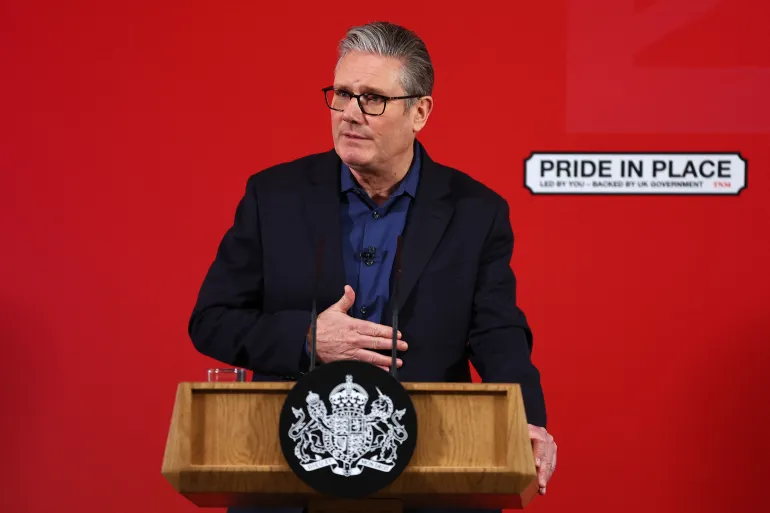
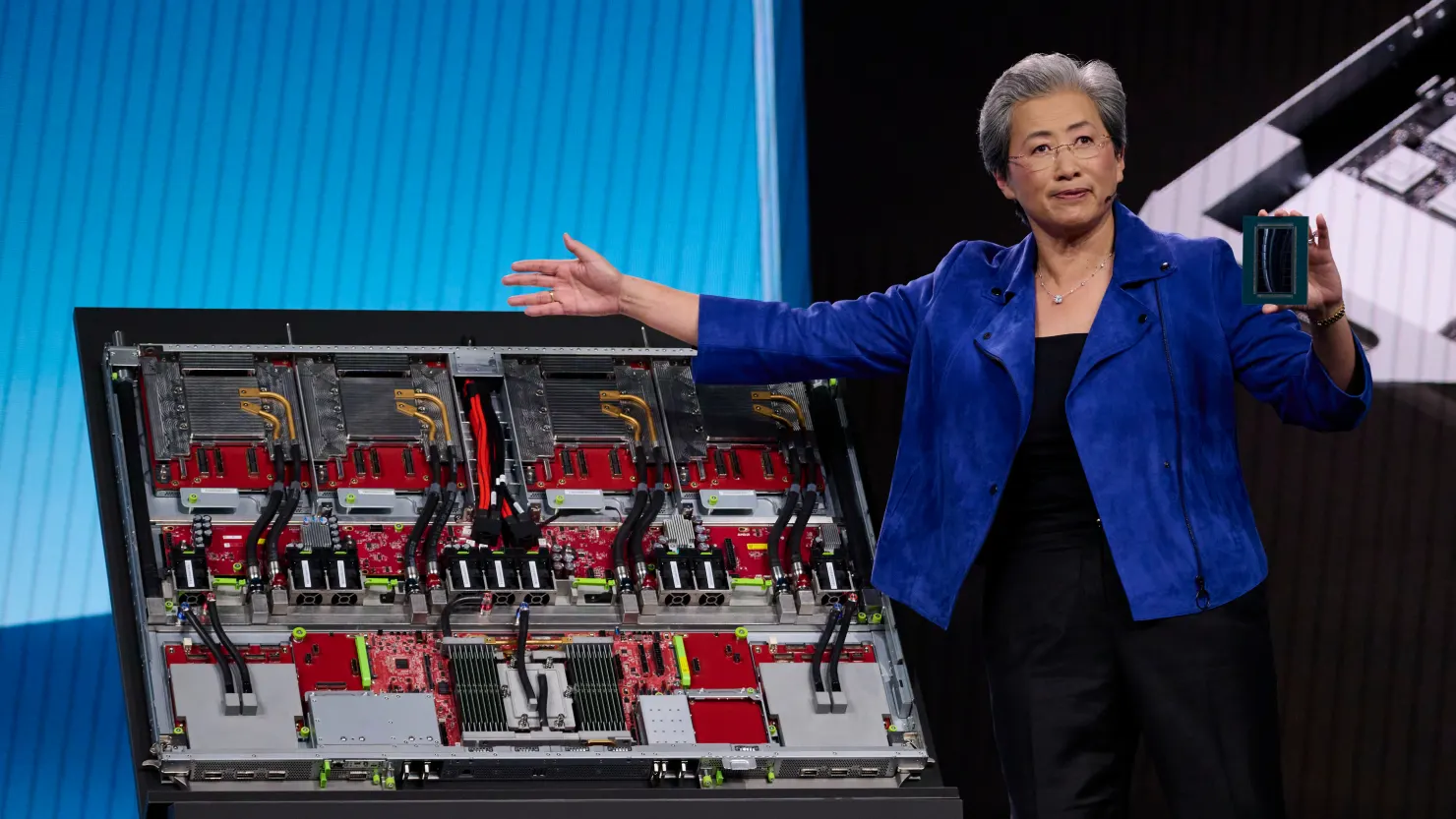

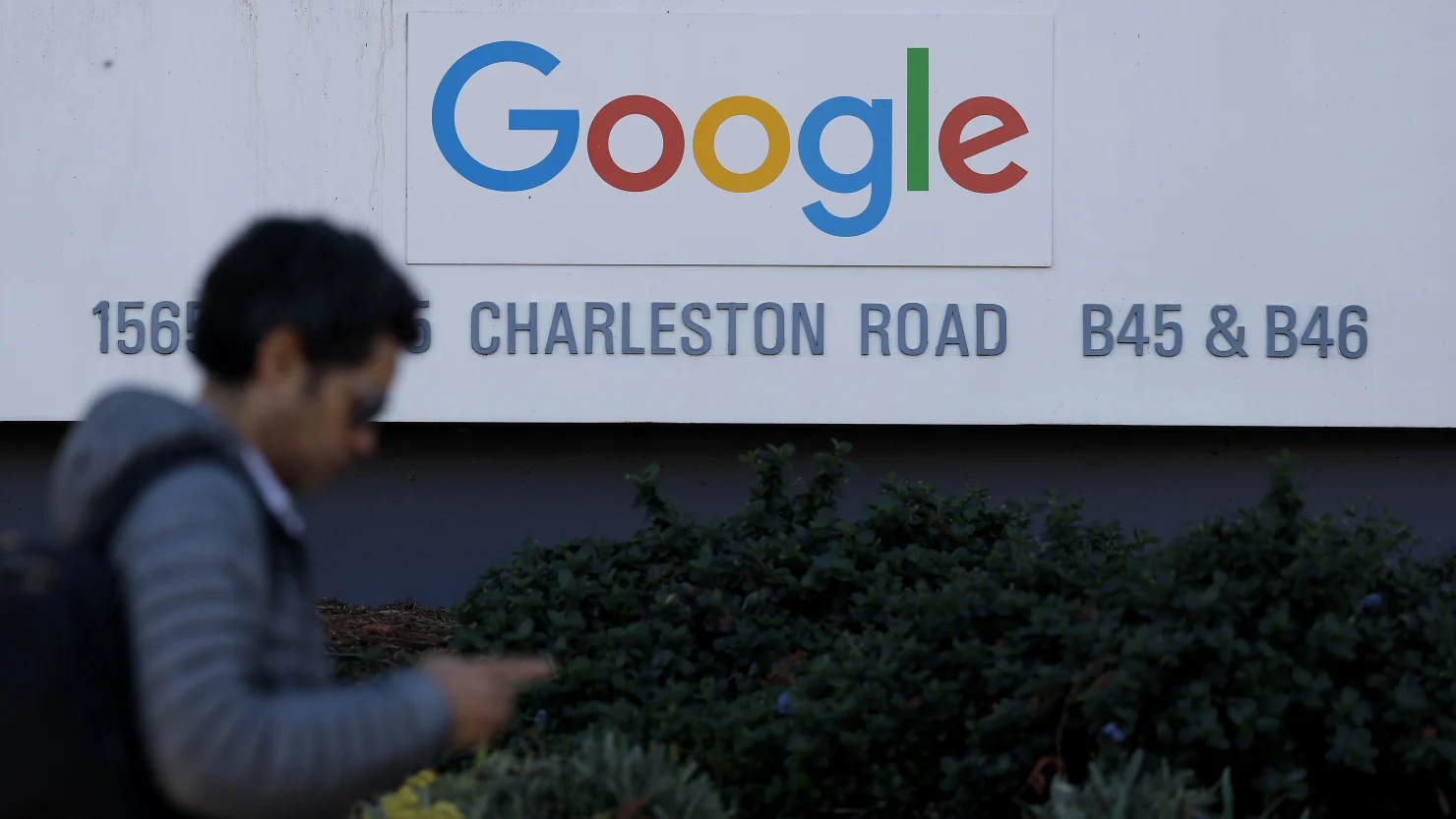
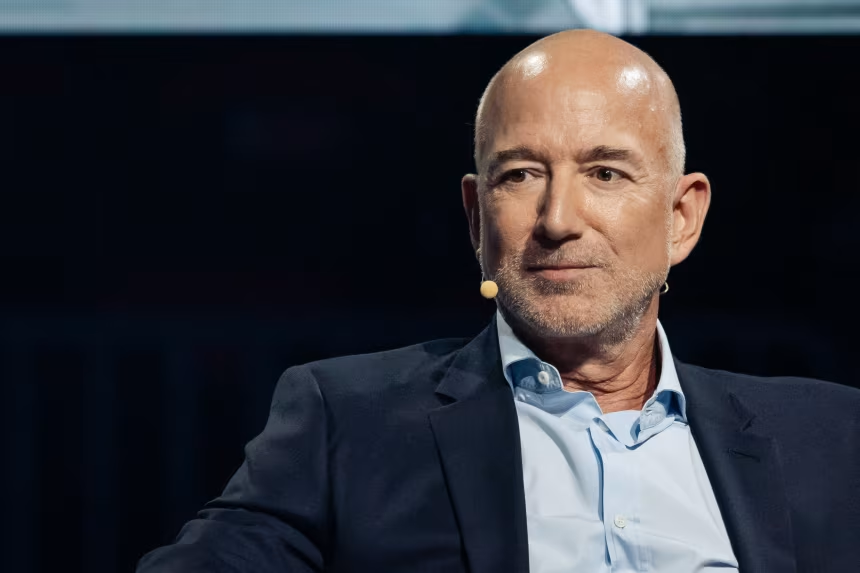
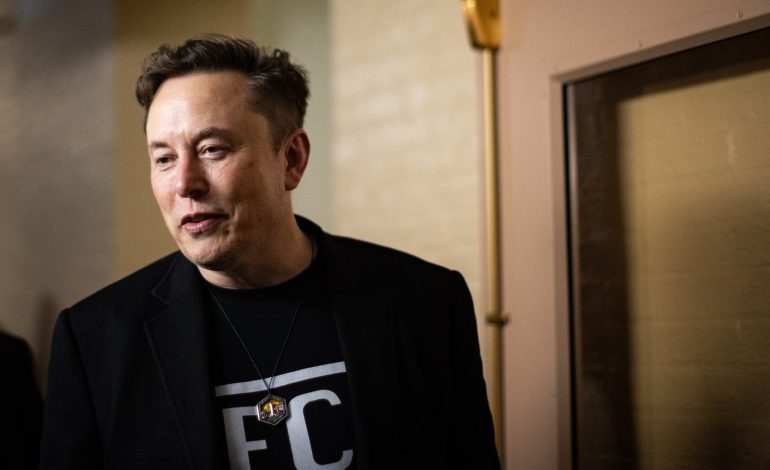




The latest news in your social feeds
Subscribe to our social media platforms to stay tuned